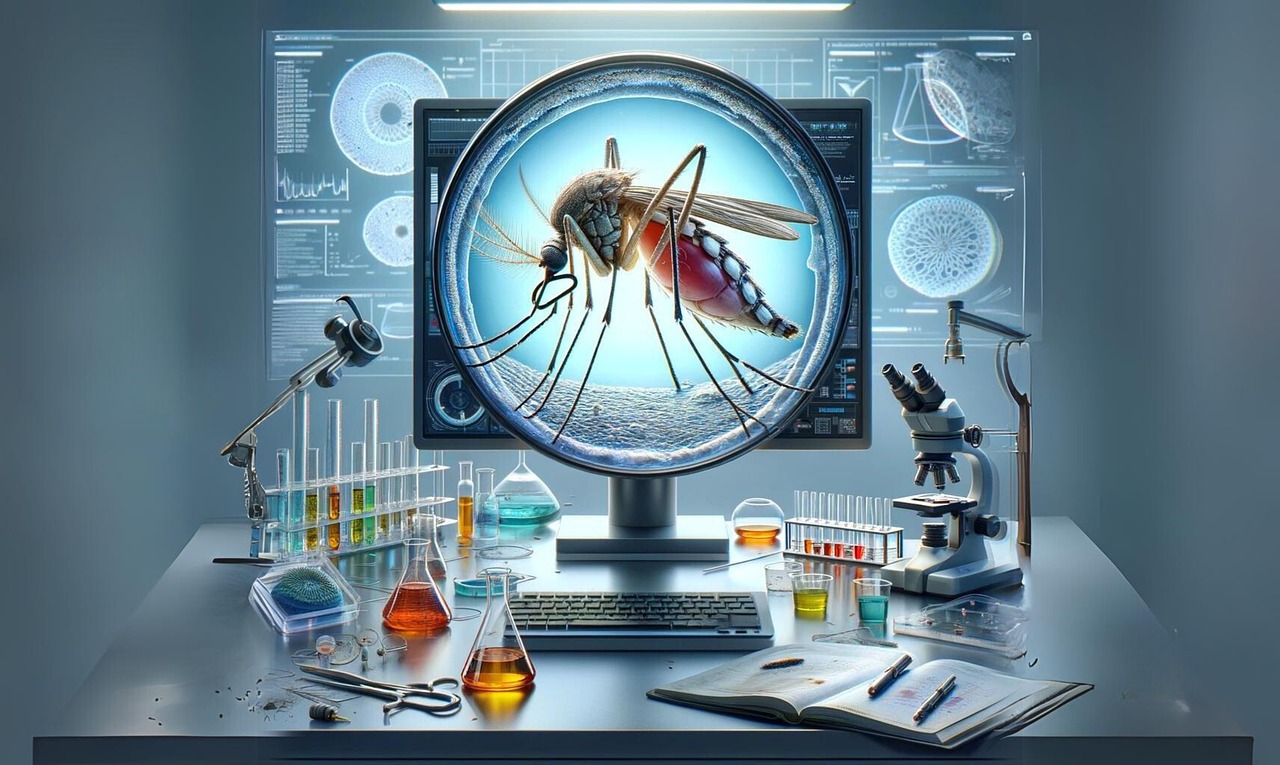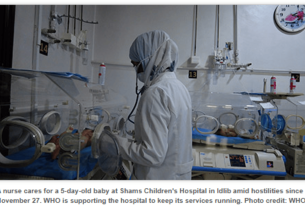A new discovery by researchers suggests a drug, nitisinone, could potentially transform the fight against mosquito-borne diseases, including malaria. This medication, typically used to treat rare inherited diseases, could render human blood toxic to mosquitoes, preventing them from spreading diseases.
Nitisinone works by inhibiting an enzyme that causes harmful amino acid build-up in the human body. When mosquitoes ingest blood containing the drug, it disrupts their ability to digest the blood, causing their death. The study, published in Science Translational Medicine, points to nitisinone as a promising new tool for malaria control.
Lee R. Haines, associate research professor at the University of Notre Dame and co-lead author of the study, highlighted the potential of this approach: “One way to stop the spread of diseases transmitted by insects is to make the blood of animals and humans toxic to these blood-feeding insects.” The drug showed efficacy against mosquitoes of all ages, including those most likely to transmit malaria, and even insecticide-resistant mosquitoes.
This discovery comes at a time when traditional mosquito control measures, like ivermectin, have limitations. Though ivermectin is effective, repeated use can lead to drug resistance and environmental toxicity. Nitisinone, on the other hand, has a longer half-life in human blood, meaning its effects last longer, making it a safer and more cost-effective alternative for mosquito control, said Álvaro Acosta Serrano, a professor of biological sciences at Notre Dame and co-corresponding author.
The researchers suggest that a combination of nitisinone and ivermectin could be used in regions where resistance to one or both drugs may be an issue. This dual approach could provide a more sustainable strategy for combatting mosquito-borne diseases, which include malaria, dengue, and West Nile virus.
The emergence of these diseases in Europe, fueled by climate change and the spread of invasive mosquito species, makes such innovations increasingly crucial. With malaria still a major health threat in many parts of the world, nitisinone may offer a fresh line of defense against these deadly diseases.


